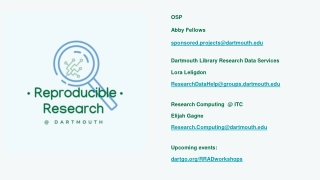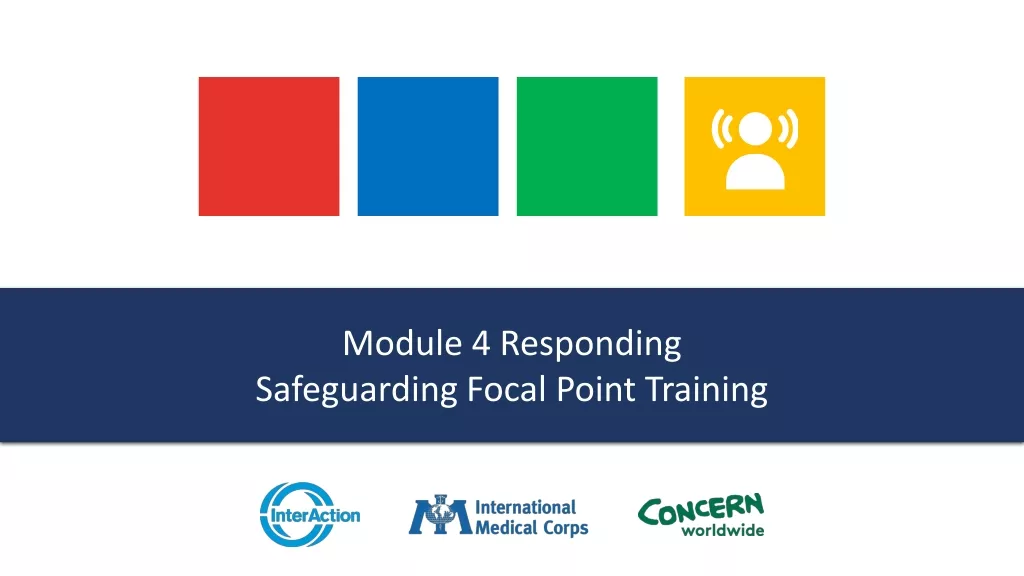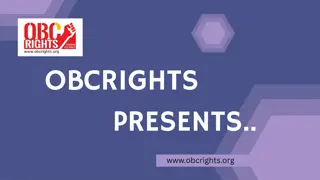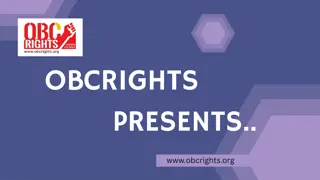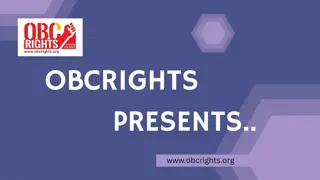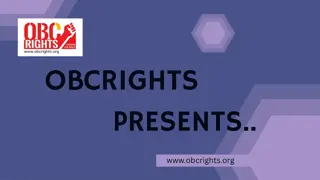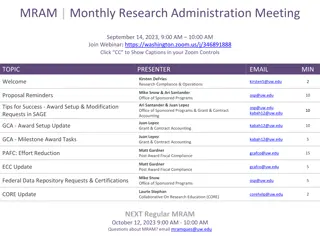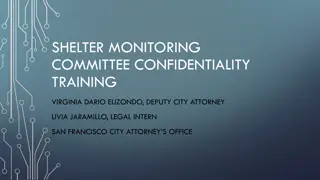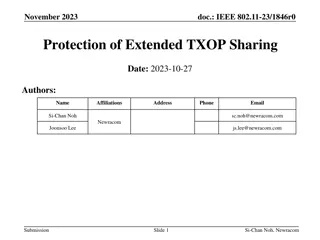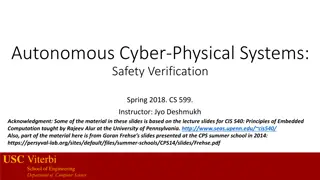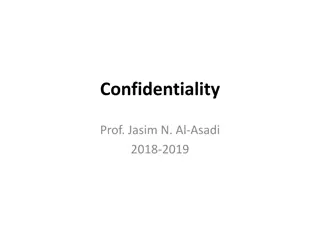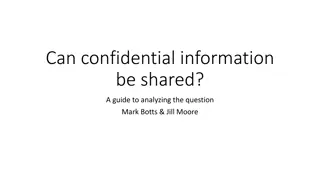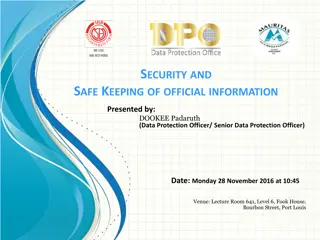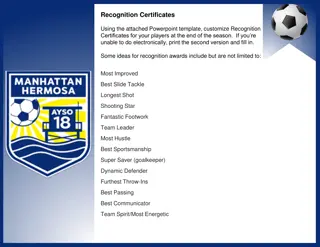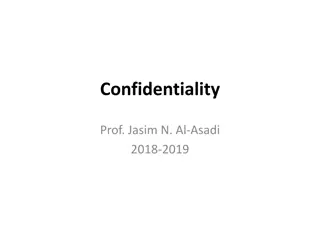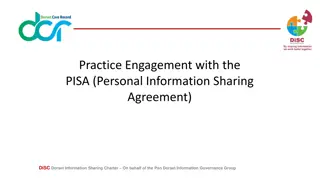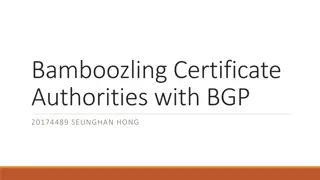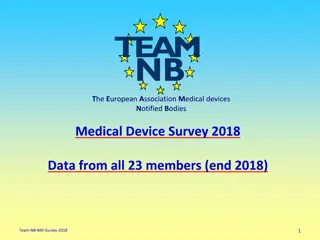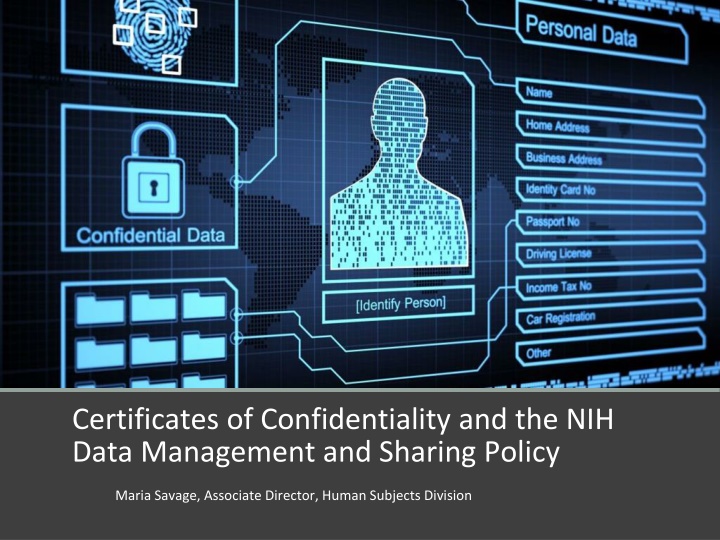
Understanding Certificates of Confidentiality and Data Sharing Policies
Learn about Certificates of Confidentiality (CoC), their importance in protecting sensitive information collected during research studies, how to obtain a CoC, limitations to their protections, and their relation to data sharing policies like the NIH Data Management and Sharing Policy.
Download Presentation

Please find below an Image/Link to download the presentation.
The content on the website is provided AS IS for your information and personal use only. It may not be sold, licensed, or shared on other websites without obtaining consent from the author. If you encounter any issues during the download, it is possible that the publisher has removed the file from their server.
You are allowed to download the files provided on this website for personal or commercial use, subject to the condition that they are used lawfully. All files are the property of their respective owners.
The content on the website is provided AS IS for your information and personal use only. It may not be sold, licensed, or shared on other websites without obtaining consent from the author.
E N D
Presentation Transcript
Certificates of Confidentiality and the NIH Data Management and Sharing Policy Maria Savage, Associate Director, Human Subjects Division
What is a Certificate of Confidentiality (CoC)? It is a legal protection that some federal agencies can issue to protect identifiable sensitive information collected as part of a study. It allows researchers to refuse to disclose identifiable information about the research subjects in response to legal demands, such as a subpoena or Public Records request.
What is identifiable sensitive information? Information that is about an individual and that is gathered or used during the research: Through which an individual is identified; or Where there is at least a very small risk, that some combination of the information and other available data sources could be used to deduce the identify of an individual.
How do I get a Certificate of Confidentiality (CoC)? Automatic Certificate Apply For Certificate Issued as a term of the grant or contract by: Studies that are not funded by a federal agency can apply to: o NIH o NIH o CDC o FDA o FDA For complete list, see HSD Guidance Question: Who issues a CoC?
Limitations to CoC protections Researchers can disclose information if required by other laws (e.g. communicable diseases) Subject can disclose information about their own participation Subject can consent to disclosure of information (e.g. medical providers) Research records
Does a CoC prevent sharing of data as required by the new NIH Data Management and Sharing policy? No. But data sharing must be consistent with human subjects regulations
Things to keep in mind when sharing CoC protected data NIH does not consider summary results to be covered by the CoC Repositories should be informed when data are covered by a CoC Protected data can be shared on an unrestricted access repository only with explicit consent from the subject
Resources oHSD INFORMATION SHEET Certificate of Confidentiality oHSD GUIDANCE Certificates of Confidentiality o HSD Consent Template (will be updated end of November to include language about data sharing) o Supplemental Information to the NIH DMS Policy: Protecting Privacy When Sharing Human Research Participant Data
Questions? Email the Human Subjects Division at: hsdinfo@uw.edu

